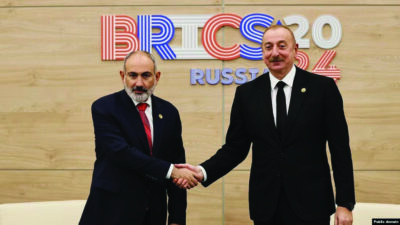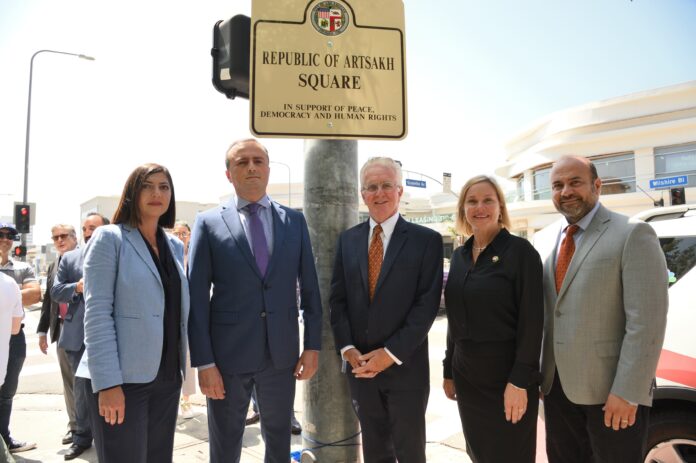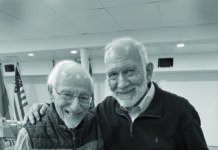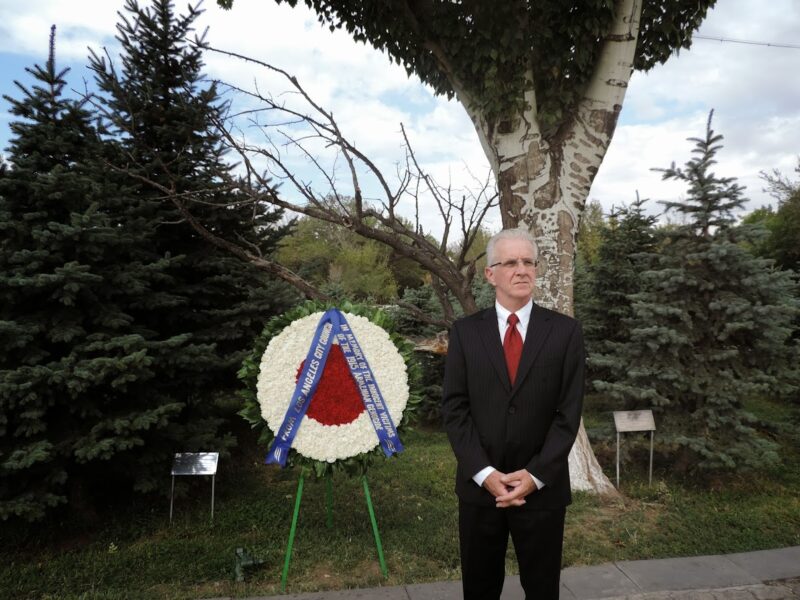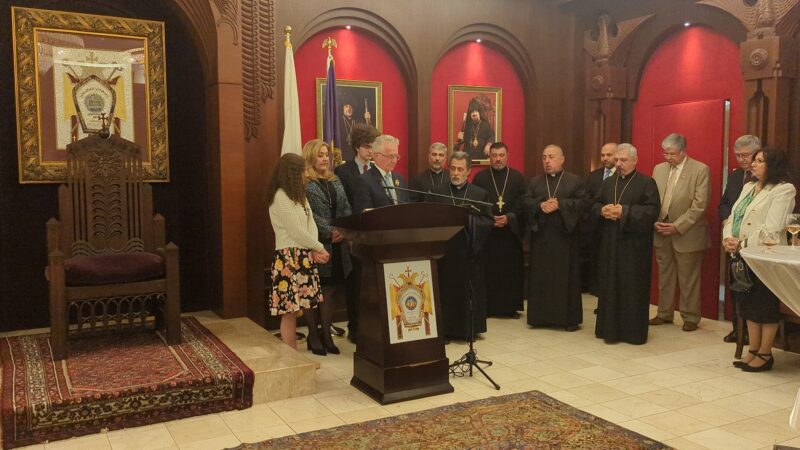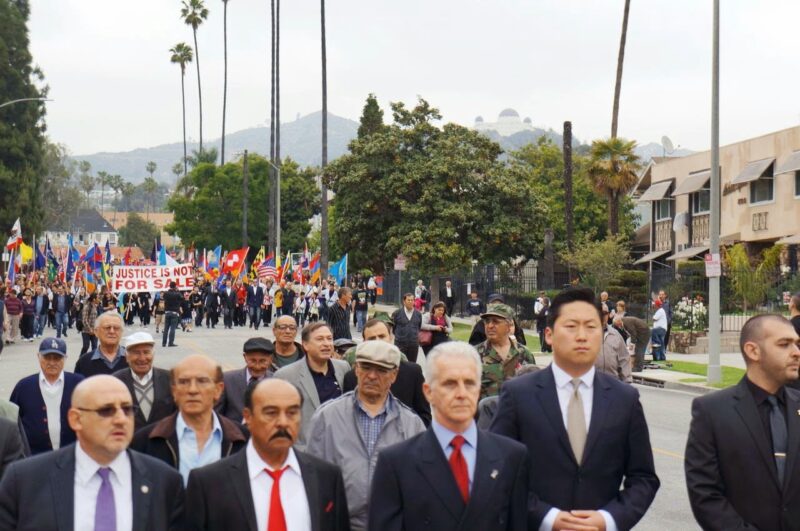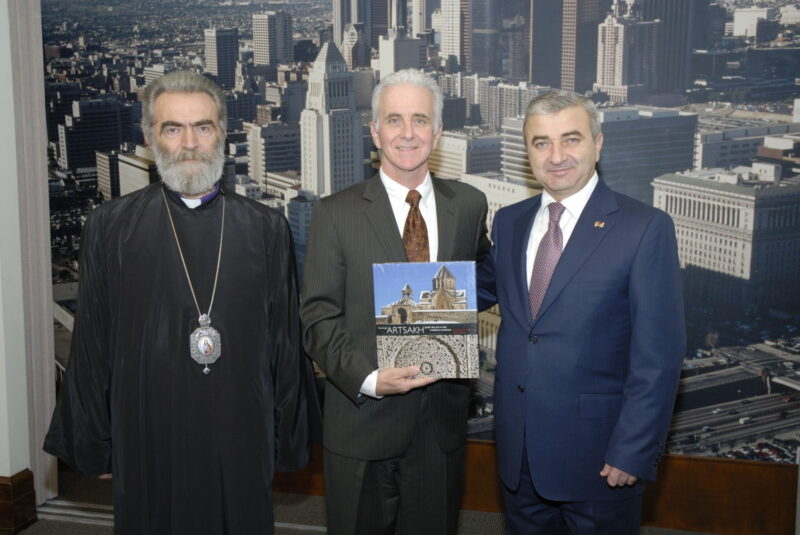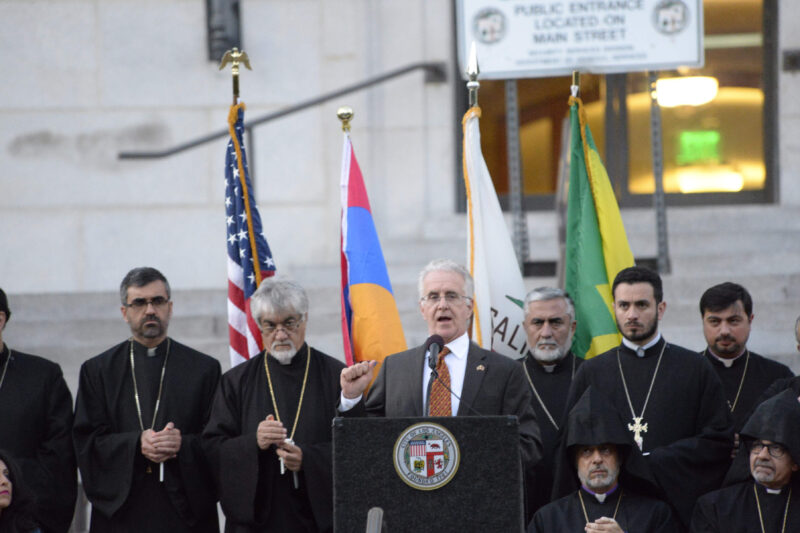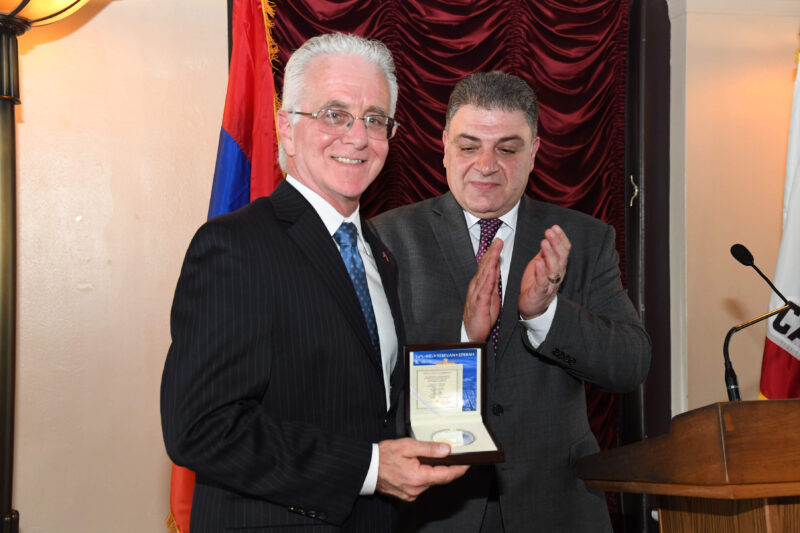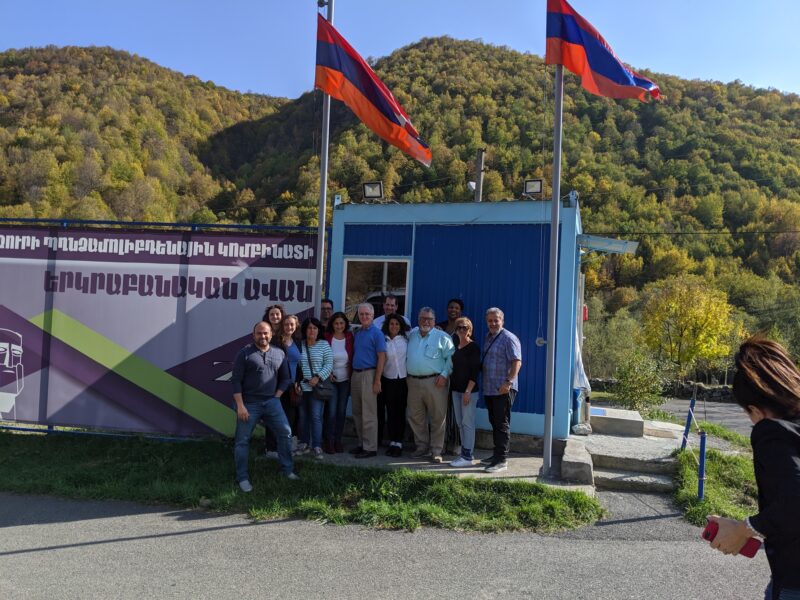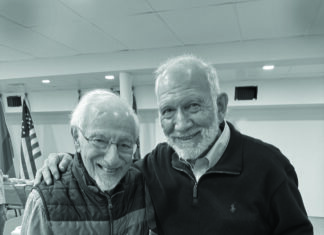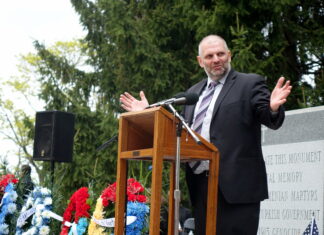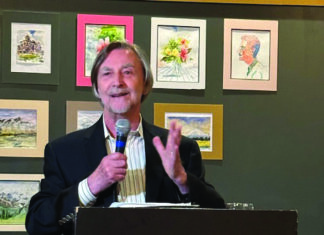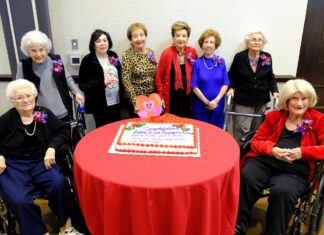LOS ANGELES — Paul Krekorian is the president of the City Council of Los Angeles, the second most powerful position in the second largest city in the United States. Consequently, Krekorian is one of the most prominent Armenians in American politics. He has not shied away from using his position to make Armenian issues better known, while working to improve city government.
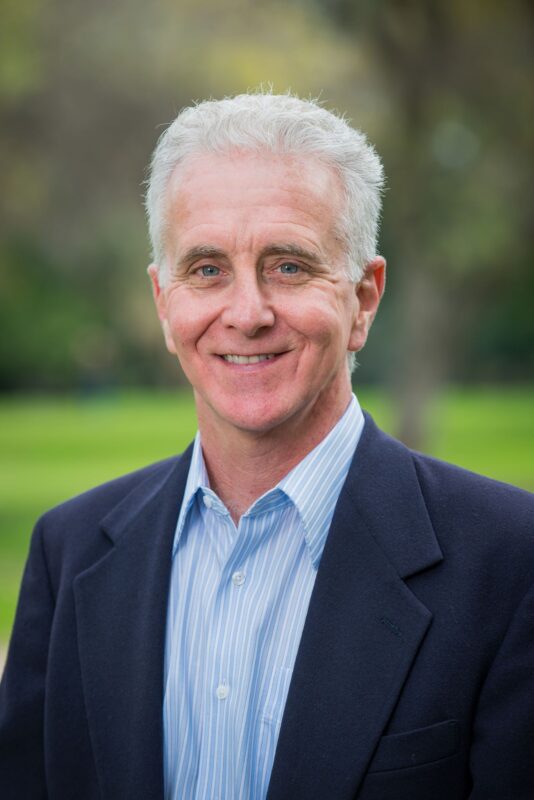
City Council Reform
The council, with 15 members, is the lawmaking body for Los Angeles. Krekorian was elected as representative of City Council District 2 at the end of 2009, which includes areas like North Hollywood, Studio City, Sun Valley, Toluca Lake, Valley Glen, Valley Village and Van Nuys, and contains the highest percentage of Armenian voters in the city. In 2012, Krekorian was elected as chair of the council’s Budget and Finance Committee, where he served for ten years and helped maintain balanced city budgets through a recession and Covid-induced economic turmoil.
In December 2022, he was elected as council president, taking over after a scandal forced the prior president, Nury Martinez, to resign. An audio recording was leaked of Martinez and two other council members, Kevin de León and Gil Cedillo, all three Latinos, making racist comments about various individuals and ethnic groups in a conversation with labor union leader Ron Herrera about redrawing council district electoral lines.
“It was deeply disturbing,” Krekorian said. While Armenians were comparatively minor targets, compared to Blacks and Americans of Oaxacan descent, in the discussion, their inclusion was also troubling. He explained: “We didn’t have the most shocking parts of that conversation directed to us as Armenians, but it was an example of the sort of stereotyping that we see. …Thy look at me and see the Armenian guy. They don’t see the representative of the 2nd council district. They see the Armenian guy, and there are references to my staff — ‘I am sure they have a name that ends in ‘ian’’ and those sorts of things; mocking references to somebody’s appearance who used to work for me, so that was hurtful.”
Cedillo, unlike Martinez (and Herrera), refused to resign, but lost his reelection campaign. De León is still in office and running for reelection, though Krekorian had made it clear early on that both should have resigned from the council. Krekorian pointed out to the Mirror-Spectator that the City Council has no enforceable authority to remove a member from office and could suspend a member only if they are indicted for a crime or certain other circumstances. Krekorian said, “I did remove him from his committee assignments but that and censure are really the only steps that the council can take. He was elected. It would not be a healthy democratic process if the council could remove an elected official, who is elected by the voters of that district, because we don’t like something that they did, unless there are extreme circumstances that require protection of the city – like if somebody was criminally indicted.”
